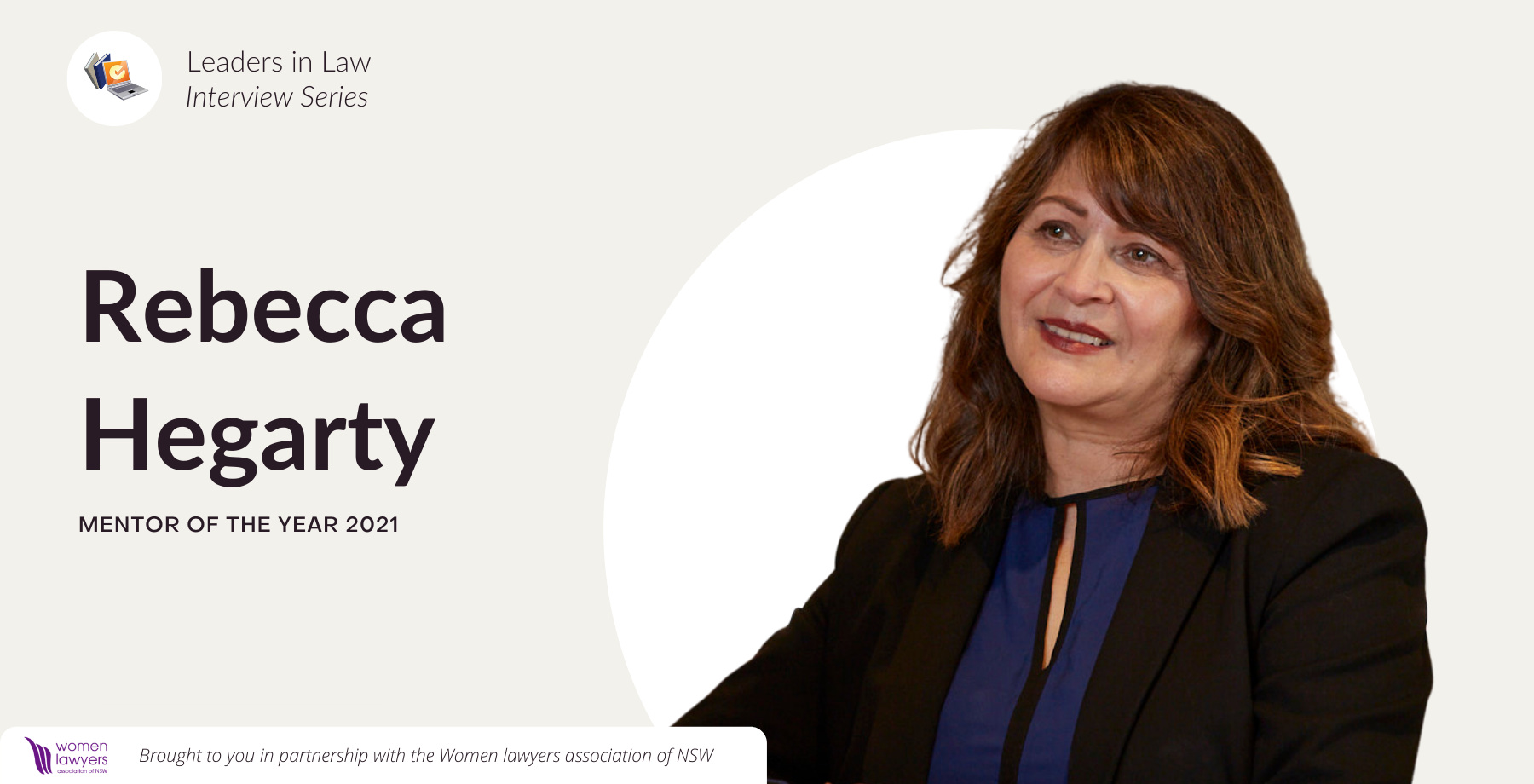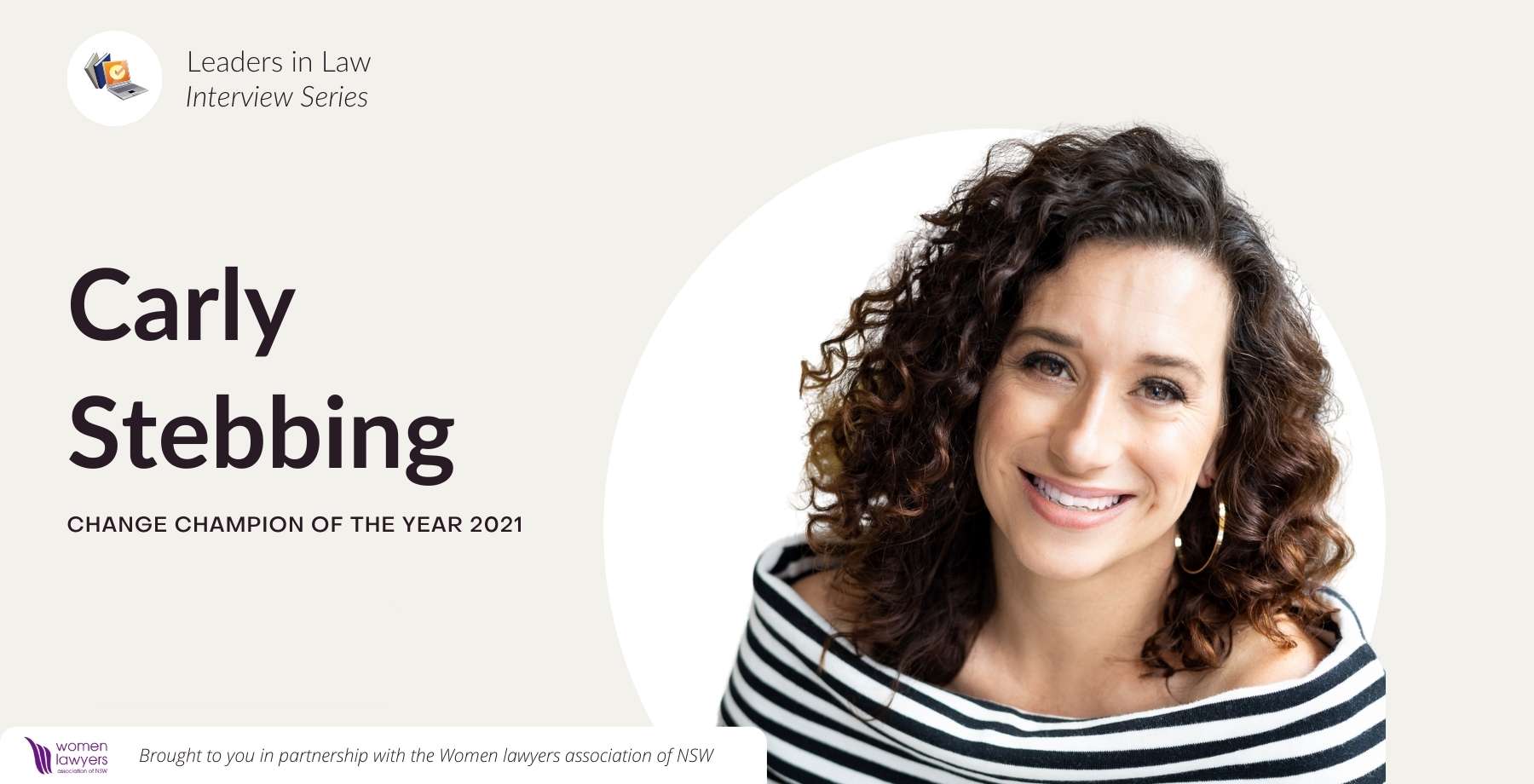Leaders in Law Interview Series: Grace Lawson
Posted on Jul 12, 2018

Grace Lawson is no stranger to setting ambitious goals for herself; from participating in a recent climbing expedition in the Himalayas to becoming a respected family lawyer after a career in nursing.
Grace was called to the bar in 2013 and currently practices in family law, personal injury law and employment law. She is also an author with LexisNexis, a sessional academic at QUT law school, and is regularly invited to speak at seminars and conferences on a range of topics.
In conjunction with the release of her latest online course with LawCPD, “Setting Aside Binding Financial Agreements”, we invited Grace to talk about life, practicing law, and recent developments in family law.
It was fascinating to hear that you went on a month-long climbing expedition. Can you tell us a bit more about that?

Yes, it was something I always talked about with family and friends. When the opportunity came up for me to take a month off work and travel to Nepal, I immediately took it. Part of the reason for the trip was to fulfil a lifelong dream of trekking and climbing in the Himalaya. The other part was to take time out and reconsider my career path.
This expedition would have provided you with a break from practicing. When you came back, did this have an impact on your approach to your practice?
Absolutely. After practicing solely in family law for almost five years, I came to the point of having to decide whether to seek accreditation. Although family law was my first choice of area to practice in after graduation, and I was enjoying it, I felt that I needed to branch out and experience other areas of law before becoming accredited. In 2009 I took a break from practicing law and briefly returned to nursing in order to consider my future career options. But it wasn’t until my first Himalaya trip in 2012 that provided me the clarity I needed.

I trekked with a group of 12 people from various parts of the world to Everest Base Camp. I was fascinated to learn that everyone in the group was there for precisely the same reason: to reconsider their future. By the end of a physically exhausting but mentally invigorating month of trekking we shared what we were determined to do on our return home. My first decision was to travel back to the Himalaya, which I did four months later, to trek the Gokyo Lakes, cross the Cho La pass, and attempt to climb Island Peak. It was this trip that impacted on my decision to return to law, but as a barrister rather than a solicitor. I felt that this would allow me to practice in family law as well as other areas of law, and to have a real work-life balance. And indeed, it has. The last 5 years at the bar have been the most rewarding and enjoyable of my entire working career.
What do you enjoy about working in family law?
A partner I once worked with often said that family law is not “real” law, and family courts are not “real” courts. I always disagreed. For me, family law is as real as law can get, and family courts are as real as courts can get. This is because the people who find themselves there are real people, their families are real families, and their legal problems are real problems that affect every facet of their life.

Finding legal and practical solutions for them is often challenging and takes time, but is very rewarding. The rewards were recently reaffirmed for me when I telephoned a clinic to make an appointment and after giving my name to the receptionist she said: “Are you Grace Lawson the family lawyer? You represented me 10 years ago in my family law matter! My daughter is now 17 and has just been accepted to University!” Although I honestly did not remember this client, it was truly humbling to hear how, whatever I did, helped her to get through the family law system and see her daughter grow up into a healthy and happy young adult. These are the moments that make practicing in family law truly satisfying.
There has been a lot of discussion recently about the status of binding financial agreements following the High Court decision in Thorne v Kennedy. Do you think this decision means binding financial agreements are no longer a viable tool for lawyers to use? Or do you take a different view?
I most definitely take a different view. When researching the paper I recently wrote for LawCPD online, I was surprised to see how many family law practices state on their websites that they do not prepare binding financial agreements (BFAs), but do take instructions for consent orders. This is disappointing. The High Court decision is significant. However, each case is different. Although the High Court set a long-awaited precedent, a case may be distinguished on its facts. Further, there are instances where BFAs may be the better option for a client. Of course, solicitors who feel that they lack the knowledge or experience required to advise on BFAs should refrain from doing so. But this does not mean that clients should feel that they have no other option but to enter into consent orders. These clients can be referred to another solicitor or firm, or counsel’s assistance may be sought. Once the client has been advised about the advantages and disadvantages of both BFAs and consent orders, the client will be in a position to choose which way they wish to proceed.
In late May, the Attorney-General Christian Porter announced sweeping changes to the family court system, which will include merging the Family Court and the Federal Circuit Court in 2019. What is your view of these changes?
The results of these changes can only be assessed in the future, once they have been implemented and sufficient time has lapsed to review them. What is encouraging for me is to see that changes are being implemented for improvement. Having spent some 15 years in the family law courts I have seen a gradual increase of matters being listed before a single judge with the result that many of my clients felt that they were not provided with sufficient time to have their matter properly heard by the judge. Any changes that are introduced to improve the current system are welcome.
To finish up, we’ve got three quick questions for you:
- What’s your favourite way to wind down? A walk with my dog.
- What’s one thing you would tell your 15 year old self? Become a lawyer.
- And last but not least, are you a cat person or a dog person? Both – but I can’t walk a cat.
Interactive section hedline
- Interactive link. If interactive links, make sure only to use the URL key (for example, for https://lawcpd.com.au/legal-cpd use /legal-cpd)








